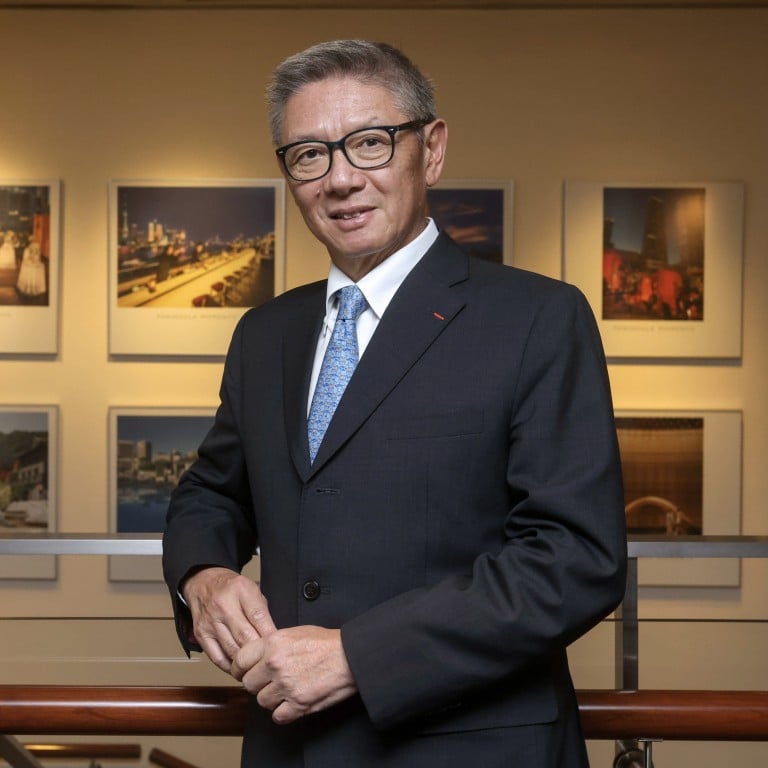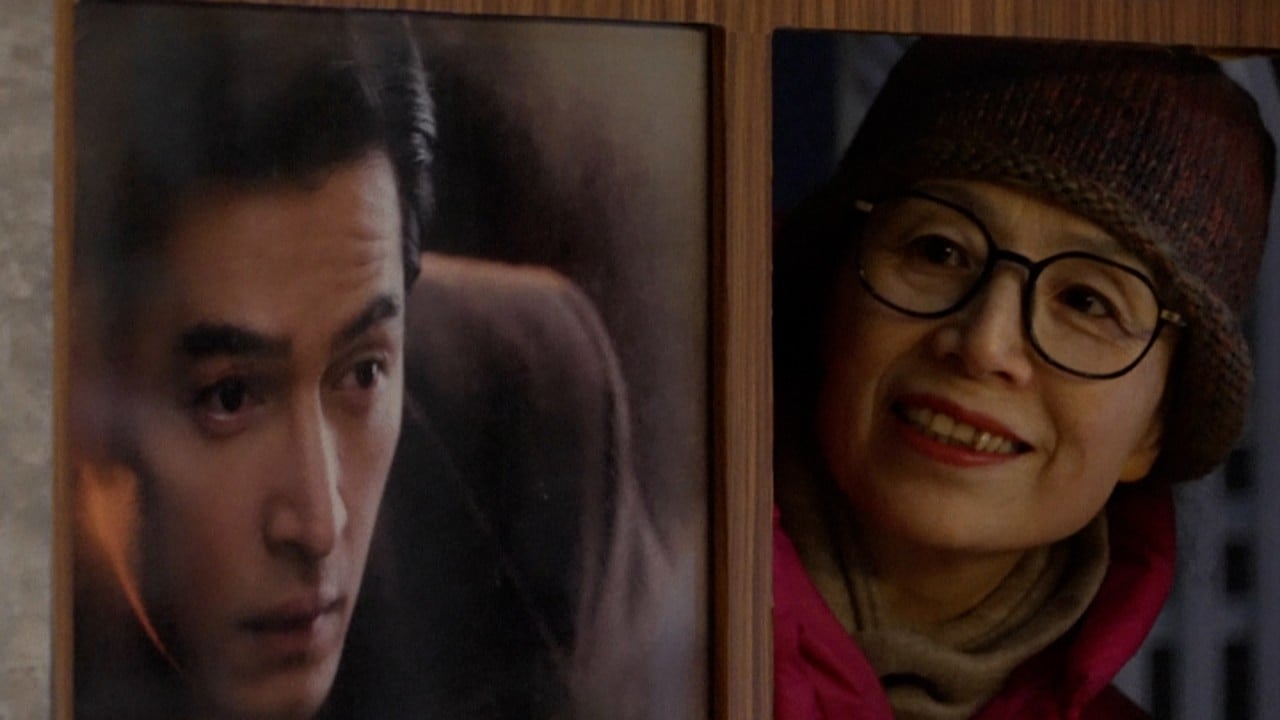
Exclusive | The Peninsula sees challenges as Hong Kong luxury hotel chain seeks to counter ‘negative perception’ hobbling tourism industry
- There is still a negative perception about Hong Kong among travellers from the US and Europe, slowing the city’s tourism rebound, CEO says
- The Kadoorie-controlled group, which opened The Peninsula in London and Istanbul last year, will freeze plan in Myanmar to focus on these new hotels
“International travellers from the US and Europe to Hong Kong and mainland China are low,” Clement Kwok, managing director and CEO of HSH, said in an interview. “There is still a negative perception in those markets about Hong Kong. We are trying to overcome it, so that people will come back to Hong Kong and experience all of the good things it has to offer. That will take some time.”
Trade wars, economic crises and geopolitical conflicts would not be good for international travel business, he said in general, issues that have plagued US-China ties in recent years and hurt Hong Kong for its role as a “superconnector” and regional financial hub.
HSH, which now operates 12 hotels globally, turned around with a profit of HK$146 million last year, from a HK$488 million loss in 2022. The group added a 190-room hotel in London and a 177-room asset in Istanbul to its network in 2023. HSH is controlled by the Kadoorie family, an Iraqi-Jewish clan that first arrived in Hong Kong more than 140 years ago.
The recovery in business at The Peninsula in Hong Kong, Shanghai and Beijing has trailed other hotels in the group when compared with 2018 levels, Kwok said. “When my teams travelled to the US and Europe to talk to travel agents, saying ‘we want to promote Hong Kong and China,’ the reaction was not so strong,” he said. “We are trying to change that.”
Hong Kong has also been trying to help the industry by hosting art, cultural and financial events, Kwok noted. HSH on its part is also holding its own ‘Art in Resonance’ promotion to attract more visitors. The government has set aside HK$1.09 billion to spur the local tourism trade and lure a new generation of travellers.
The government recently faced criticisms from the US and Britain for what they described as an “incredibly vague” domestic national security law, a constitutionally-mandated “Article 23” legislation which had been shelved for more than two decades because of initial opposition. Beijing defended the new law, which came into effect last week.
Beijing hits back at US criticism of Hong Kong’s Article 23 security law
Hong Kong also received flak for being one of the last cities to lift all pandemic restrictions, due to Beijing’s zero-Covid policy, which had turned away tourists even as other places had fully reopened their borders.
Kwok, who opened five Peninsula hotels during his 22-year tenure in the group, will retire in October at the age of 65, after his service was extended for five years. He will remain as an executive director and adviser to his yet-to-be-named successor until May 2025.
Kwok believes that The Peninsula hotels will weather the challenges, noting that all their hotels are owned and managed by HSH as long-term investment. Myanmar is an exception, as HSH has decided to freeze its plan for Yangon to conserve capital and stabilise its new hotels in London and Istanbul in the next two years, he said.
“There will always be demand for super-luxury,” he said. “In the last 20 to 30 years, there has been tremendous wealth creation and people want to enjoy it when they have money.”


